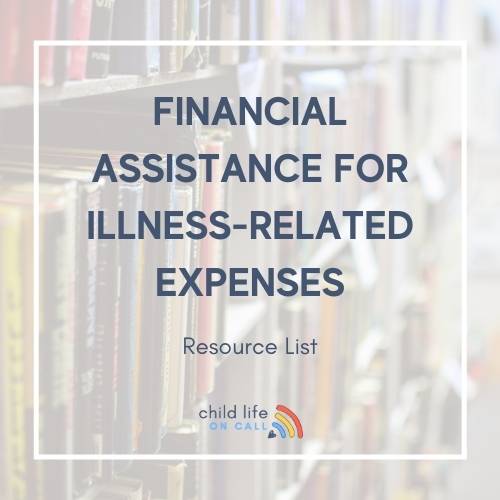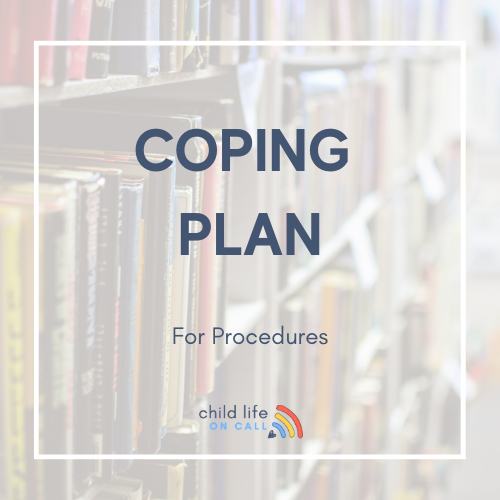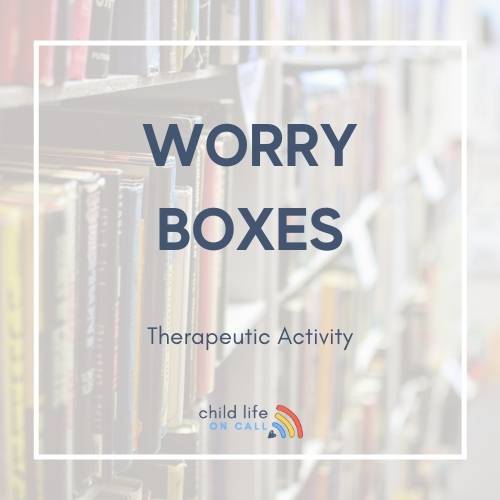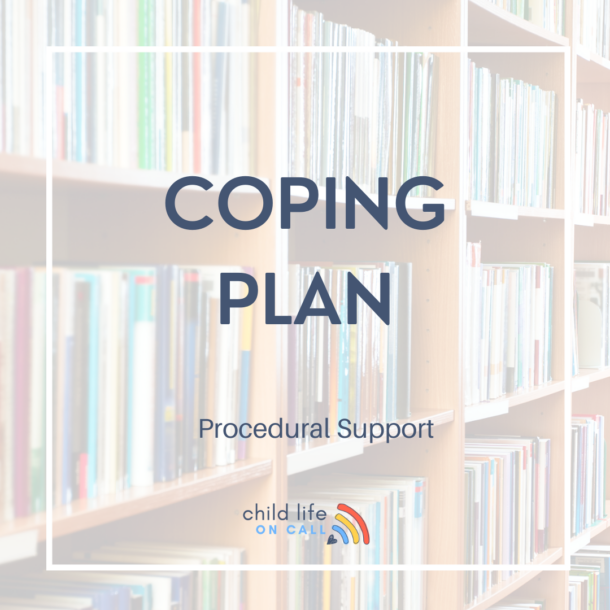It can be difficult to talk to your child’s doctor, especially if you feel exhausted, concerned, and uncomfortable in healthcare settings. You might be worried about what the doctor will say or think, or you might not know how to bring up certain topics. But it’s important to remember that your doctor is there to help you and that communication is key to good health care.
A study published in JAMA Internal Medicine showed that patients who effectively communicate their concerns with their physicians are more likely to receive recommended care and have better health outcomes than those who do not. This finding held even when researchers controlled for factors such as age, gender, race, insurance coverage, and education level.
Here are a few tips on how to approach your child’s doctor so that you can have a productive conversation.
Have Questions Ready Before you Arrive:
- Make a list of questions and concerns before your appointment. This way, you won’t forget anything you wanted to ask and can be sure that all your questions are answered.
- Be prepared for an open-ended discussion. It may take some time for your doctor to explain things in detail. Don’t expect him or her to give you answers right away.
- Ask specific questions. If you don’t understand something, ask for clarification. For example, “I’m confused by this information I read online. Can you tell me more?”
Honesty and Transparency Are Important
- Be honest with your doctor. They’re there to help you, and they can’t do that if they don’t know what’s going on. Tell them everything, even if it’s embarrassing or seems like it’s not important.
- Let your doctor know when you’ve changed your mind about something. Sometimes people get upset because their doctors haven’t been able to answer all of their questions, but they still want to go ahead with treatment. In these cases, it’s best to let your doctor know as soon as possible.
- Don’t let embarrassment or the fear of “doing something wrong” keep you from telling your doctor the truth. They are not there to judge or shame you, and all information you share can help them determine a plan of care.
Set the Tone
- Your doctor wants to provide quality care, but if the conversation on either side appears disrespectful or uncooperative, it can derail the relationship. Try to set the tone early in the conversation.
- For instance, instead of saying, “You didn’t answer my question,” try asking, “What did you mean by that? Could you please clarify?”
Feel Confident
- You know your child best and your job is to relay how your child is feeling to the doctor.
- Don’t be afraid to ask for a second opinion. If you’re not comfortable with the first opinion, get a second one. You have the right to choose which doctor you see and which treatment you receive.
- Be assertive. If you don’t understand something, say so. If you feel like your concerns are being dismissed, speak up. It’s okay to be assertive with your doctor; they’re there to help you.
Use Reinforcements
- Bring someone with you if possible. It can be helpful to have another person there for support, especially if you’re feeling nervous or uneasy.
- Ask your doctor to write down words you’re not sure how to spell so that you can do your own research to understand what they mean.
- Ask for visual aids when the doctor is explaining something complex.
Talking to your doctor doesn’t have to be scary or overwhelming. By being prepared and honest and speaking up for yourself and your child, you can ensure that all of your questions are answered and that your concerns are taken seriously. And if you’re ever unsure or uncomfortable, remember that you have the right to get a second opinion—you deserve the best care possible!
How Child Life Services can help:
Child life services are a vital part of the healthcare team, providing support and guidance to families during their child’s hospital stay. If you’re ever feeling overwhelmed or don’t know how to approach a conversation with your child’s doctor, child life specialists are there to help. They can provide tips and techniques on how to communicate effectively, as well as emotional support throughout your child’s hospitalization. So don’t hesitate to ask for help—the child life team is here to support you and your family!
keywords: child life services, communication, doctor, child, hospital, family, support













